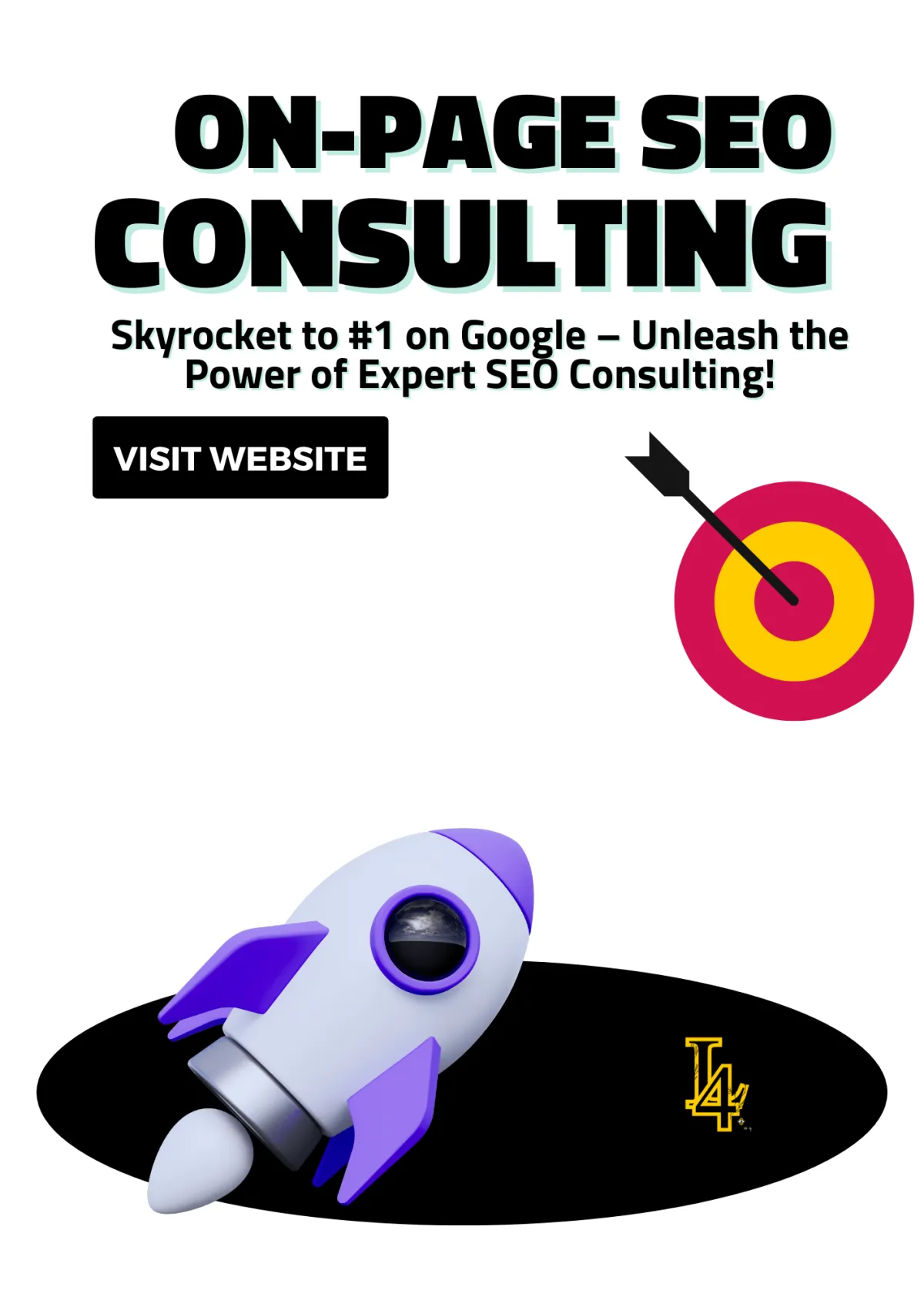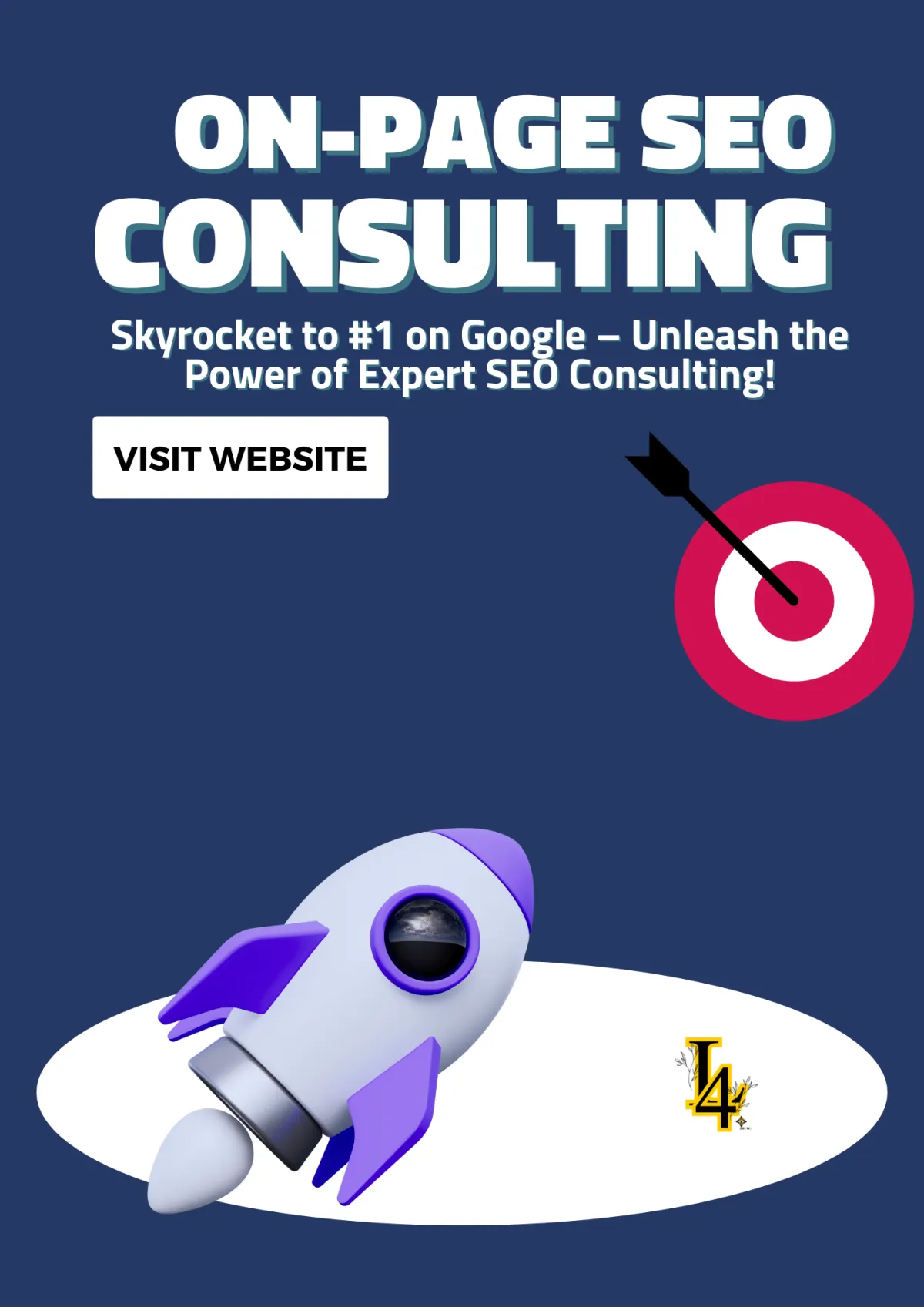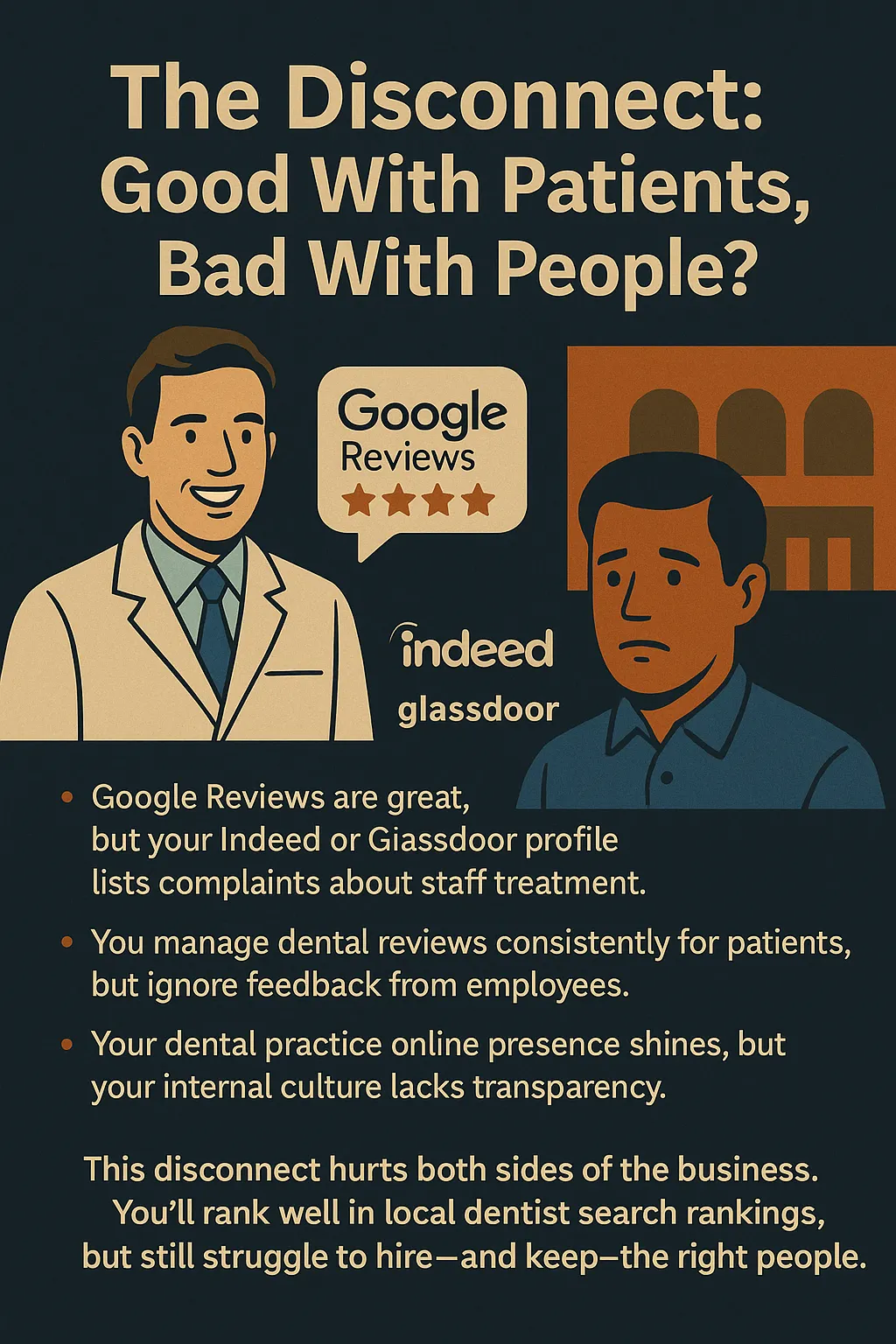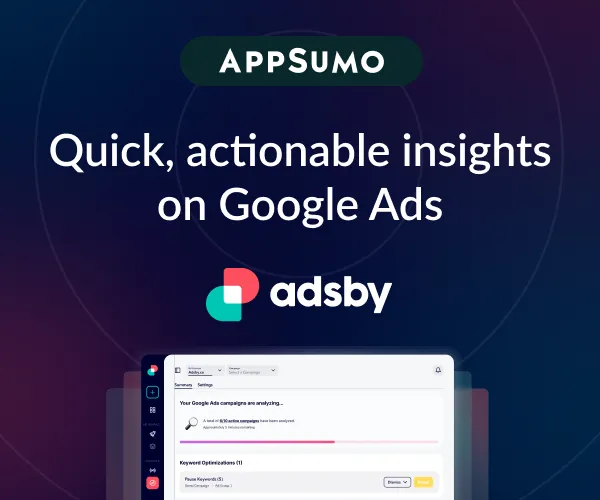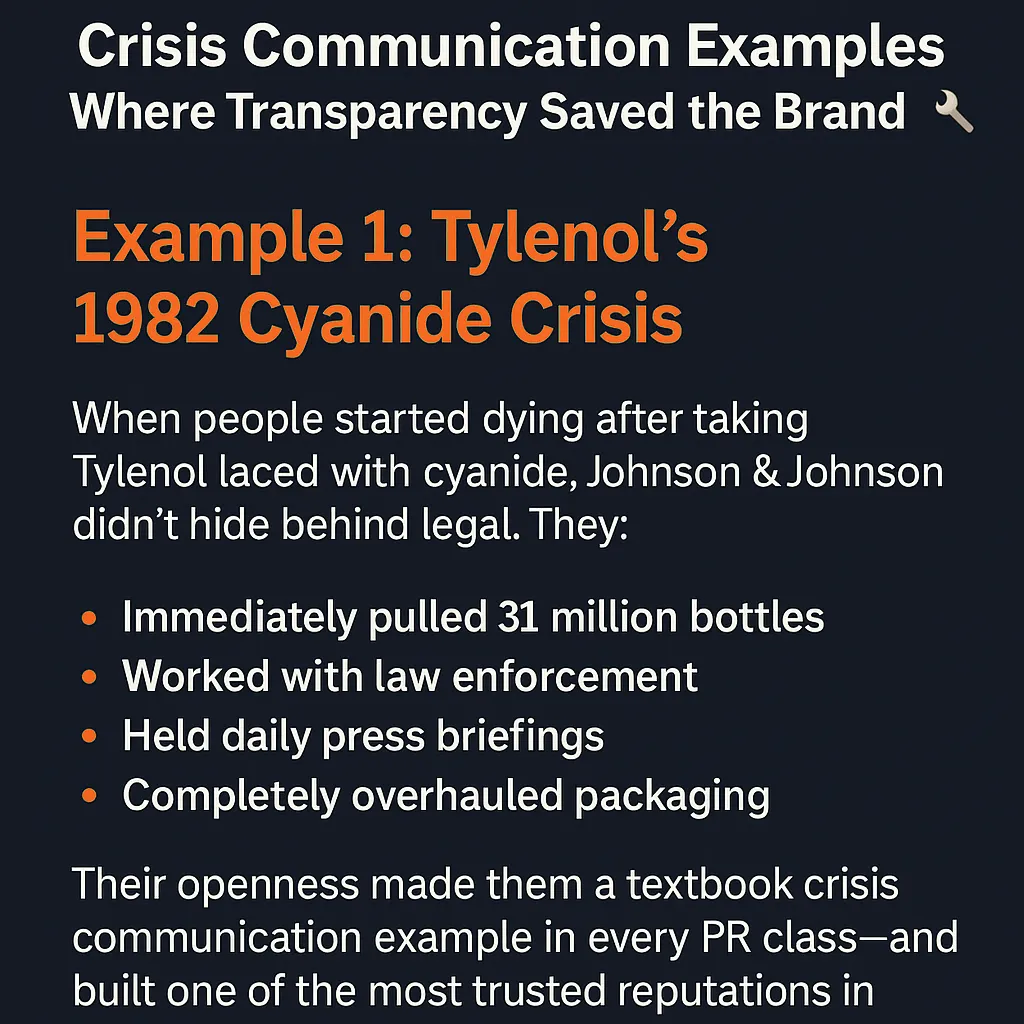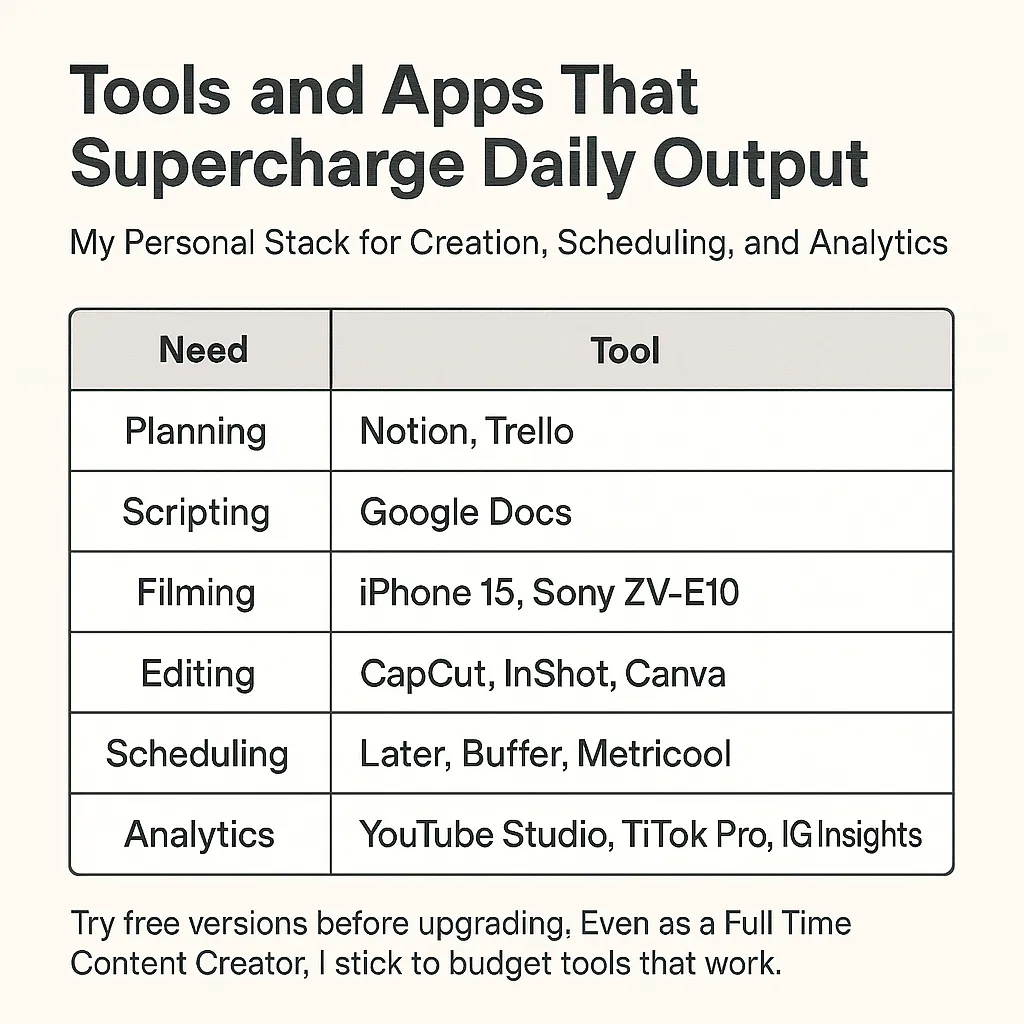
What Effect Does SEO Have on Your Search? A Deep Dive into Rankings & Traffic
What effect does SEO have on your search?
SEO improves search visibility, drives organic traffic, enhances user experience, builds trust, and boosts conversions for long-term success.
What Effect Does SEO Have on Your Search? A Deep Dive into Rankings & Traffic
What Effect Does SEO Have on Your Search?
1. SEO Increases Your Search Visibility
Benefits of Organic Search Traffic:
3. SEO Enhances User Experience (UX)
4. SEO Builds Authority & Trust
SEO Tactics That Boost Authority:
5. SEO Helps Businesses Compete Locally
Local SEO Strategies That Improve Search Results:
6. SEO Impacts Conversion Rates & Revenue
SEO Tactics That Increase Conversions:
7. SEO Keeps You Ahead of Competitors
How AI Impacts SEO Performance
1. Google’s RankBrain & BERT: Smarter Search Intent Analysis
2. AI-Driven Content Optimization Tools: Enhancing Keyword Strategies
3. AI-Generated Metadata and Structured Data for Better Indexing
How AI Enhances Metadata & Schema Markup:
4. AI in Predictive Search and User Experience (UX) Optimization

What Effect Does SEO Have on Your Search?
Search Engine Optimization (SEO) plays a crucial role in shaping how websites appear in search engine results, influencing visibility, traffic, and overall online success. Whether you’re a business owner, blogger, or e-commerce seller, SEO directly affects your ability to rank higher on platforms like Google, Bing, and Yahoo. But how exactly does SEO impact your search performance? Let’s break it down.

1. SEO Increases Your Search Visibility
One of the primary goals of SEO is to ensure that your website appears when users search for relevant keywords. Without SEO, your site may be buried under pages of search results, making it nearly invisible to potential visitors.
How SEO Boosts Visibility:

✅ Keyword Optimization: By targeting the right search terms, SEO ensures your content aligns with what users are looking for.
✅ Meta Tags & Descriptions: These elements help search engines understand your page’s topic, improving rankings.
✅ Optimized URLs: A clean, keyword-rich URL structure improves indexing and user experience.
Example:
Imagine you run a bakery in New York. Without SEO, your website may not appear for searches like “best bakery in NYC” or “fresh croissants near me.” However, by optimizing for these terms, your site is more likely to rank in relevant search results.
2. SEO Drives Organic Traffic
Search engines are the largest source of website traffic. SEO ensures that people can find your site organically, without relying on paid ads.
Benefits of Organic Search Traffic:
✅ Cost-Effective: Unlike paid ads, organic traffic doesn’t require continuous investment.
✅ Higher Click-Through Rates (CTR): Users tend to trust organic results more than paid ads.

✅ Long-Term Results: SEO efforts compound over time, bringing consistent visitors.
Example:
A clothing brand that ranks on page 1 for “affordable summer dresses” will continuously receive traffic from users searching for that term, unlike paid ads that stop generating traffic once the budget runs out.

3. SEO Enhances User Experience (UX)
Google’s ranking algorithm prioritizes websites that offer a great user experience. SEO is not just about keywords—it also focuses on site speed, mobile-friendliness, and ease of navigation.
How SEO Improves UX:
✅ Fast Load Times: Slow pages cause high bounce rates, which negatively impact rankings.
✅ Mobile Optimization: Google ranks mobile-friendly sites higher in mobile searches.
✅ Easy Navigation: A well-structured site makes it easier for users (and Google) to find information.
Example:
A website that loads in 2 seconds and has clear navigation will rank higher than a cluttered, slow site. Improved UX means users stay longer, increasing engagement and conversions.

4. SEO Builds Authority & Trust
Websites that rank on the first page of search results are seen as more credible than those buried deeper. This is because Google evaluates domain authority, backlinks, and content quality before ranking pages.
SEO Tactics That Boost Authority:
✅ Backlink Building: Gaining links from reputable websites signals trust to search engines.
✅ Content Quality: Well-researched, informative content establishes expertise.
✅ Secure & Accessible Website: HTTPS encryption improves trust and rankings.
Example:
A local dentist who writes expert blogs on “best teeth whitening methods” will build credibility, making both users and Google trust their site more than competitors with weak content.

5. SEO Helps Businesses Compete Locally
For businesses targeting local customers, Local SEO is a game-changer. Optimizing for location-based searches can put your business in front of the right audience.
Local SEO Strategies That Improve Search Results:
✅ Google My Business (GMB) Optimization: Ensuring your business appears in Google Maps and local searches.
✅ NAP Consistency (Name, Address, Phone): Keeping business details accurate across directories.
✅ Localized Keywords: Including location-based terms in website content.
Example:
A coffee shop that ranks for “best espresso near me” is more likely to attract local customers than one without Local SEO.

6. SEO Impacts Conversion Rates & Revenue
Higher search rankings don’t just bring traffic—they drive sales, sign-ups, and leads. A well-optimized site ensures visitors take action.
SEO Tactics That Increase Conversions:
✅ Optimized Landing Pages: Clear CTAs (Call-to-Actions) guide users toward purchases or sign-ups.
✅ Trust Signals: Reviews, testimonials, and secure payment options increase credibility.
✅ Retargeting Strategies: SEO-driven email marketing and remarketing bring back interested visitors.
Example:
An e-commerce store that ranks on page 1 for “buy wireless headphones online” will receive more clicks and purchases than a competitor on page 3.
7. SEO Keeps You Ahead of Competitors
If your competitors are investing in SEO and you’re not, they will outrank you in search results. Keeping up with SEO trends ensures you remain competitive.
How SEO Gives You an Edge:
✅ Competitive Keyword Analysis: Understanding what works for rivals and applying it better.
✅ Content Strategy: Regularly publishing fresh content improves rankings.
✅ Technical SEO Improvements: Optimizing site structure and performance outperforms competitors.
Example:
If two businesses sell the same product, the one with better SEO will get more visibility, clicks, and sales.
SEO directly impacts your website’s visibility, traffic, and revenue. By optimizing for search engines, you:
✅ Appear higher in search rankings.
✅ Drive free, organic traffic to your website.
✅ Improve user experience and trust.
✅ Compete effectively in local and global search results.
✅ Increase conversions and revenue.
Whether you’re running a small business, a blog, or an online store, SEO is not optional—it’s essential for long-term online success. If you’re not optimizing for search, your competitors will.

So, what effect does SEO have on your search? SEO enhances your search visibility, increases organic traffic, improves user experience, builds trust, and ultimately boosts conversions. Whether you’re running a small business, blog, or e-commerce site, SEO is essential for online success—without it, you risk falling behind competitors who prioritize search optimization. 🚀

The Role of AI and Machine Learning in SEO: How It’s Changing Search Optimization
Artificial intelligence (AI) and machine learning are revolutionizing SEO strategies, reshaping how search engines understand, rank, and deliver results. As Google’s algorithms evolve, AI plays a critical role in search intent analysis, content optimization, and ranking predictions.
If you’re still relying on traditional SEO tactics, you might be missing out on the competitive edge AI can provide.
How AI Impacts SEO Performance
1. Google’s RankBrain & BERT: Smarter Search Intent Analysis
Gone are the days when Google only matched keywords—today, intent matters more than ever.
✅ RankBrain uses machine learning to understand how users interact with search results and adjust rankings based on engagement metrics.
✅ BERT (Bidirectional Encoder Representations from Transformers) helps Google better interpret complex search queries and natural language processing (NLP).
🔹 Example:
If someone searches for "best protein powders for muscle gain," traditional SEO would focus on matching keywords like “protein powder” and “muscle gain.” However, AI-driven algorithms now analyze the full intent, ranking pages that answer "Which protein powders are best for building muscle?"
📌 Tip: Write content for humans, not just algorithms. Focus on search intent, answer-driven content, and structured information.
2. AI-Driven Content Optimization Tools: Enhancing Keyword Strategies
AI-powered SEO tools are transforming how we optimize content, making it easier to create high-ranking pages based on data-driven recommendations.
Popular AI SEO Tools:
🚀 Surfer SEO – Uses AI to suggest optimal keyword density, content structure, and readability.
🚀 Clearscope – AI-powered content analysis that provides semantic keyword suggestions for ranking higher.
🚀 Frase.io – Helps create AI-generated outlines and content briefs to align with high-performing competitors.
🔹 Example:
A fitness blog using Surfer SEO to optimize their post on “high-protein diets” would receive real-time AI suggestions for additional LSI (Latent Semantic Indexing) keywords, ideal word count, and internal linking recommendations.
📌 Tip: Leverage AI-driven content tools to ensure your content is SEO-friendly, well-structured, and comprehensive.

3. AI-Generated Metadata and Structured Data for Better Indexing
Metadata and structured data (schema markup) are essential for SEO success, helping Google understand page content faster and display rich snippets.
How AI Enhances Metadata & Schema Markup:
✅ AI tools auto-generate meta titles & descriptions based on the page’s topic, increasing CTR (Click-Through Rate).
✅ Structured data (schema markup) helps search engines categorize content better.
✅ AI-powered featured snippet optimizations help rank in position zero (Google’s direct answer box).
🔹 Example:
An e-commerce site selling sneakers uses AI-generated structured data to include price, reviews, and availability in Google search results, making their product listings stand out.
📌 Tip: Use tools like Schema.org, Google’s Structured Data Testing Tool, and AI-based metadata generators to improve search engine visibility.
4. AI in Predictive Search and User Experience (UX) Optimization
AI also plays a huge role in predicting user behavior and refining UX—two major SEO ranking factors.
How AI Enhances UX and SEO:
✅ Google’s Predictive Search (Autocomplete) helps users find information faster and ranks sites that match user behavior.
✅ AI-powered UX analysis helps websites improve load times, mobile responsiveness, and site structure.
✅ AI detects and reduces bounce rates by improving search result relevance.
🔹 Example:
A travel website analyzing AI-driven heatmaps finds users struggling to navigate to booking pages. After optimizing the page layout based on AI insights, bounce rates drop, and conversions increase.
📌 Tip: Use AI-powered UX tools like Crazy Egg, Hotjar, and Google Analytics 4 to refine navigation, enhance page speed, and increase dwell time.
5. AI in Image and Video SEO for Visual Search Optimization
Google’s visual search algorithms are improving, and AI now helps images and videos rank better in search results.
How AI Enhances Visual SEO:
✅ AI-powered image recognition helps Google understand the content of photos and videos for better indexing.
✅ AI-generated alt text and captions improve accessibility and search visibility.
✅ Google Lens & Pinterest Lens use AI to match images with relevant search queries.
🔹 Example:
A fashion e-commerce store uses AI to optimize product images with descriptive alt text, AI-generated captions, and structured image data. This results in higher rankings in Google Image Search.
📌 Tip: Use AI-powered image SEO tools like Cloudinary, AltText.ai, and Google Vision API to enhance visual content indexing.

How AI and Machine Learning Are Changing SEO
So, how does AI impact SEO?
✅ AI improves search intent analysis, making rankings more accurate and user-friendly.
✅ AI-powered tools enhance keyword optimization, content quality, and metadata.
✅ Machine learning boosts search experience, predictive search, and user engagement.
✅ AI-driven visual SEO optimizes images and videos for better rankings.
🚀 AI in SEO isn’t the future—it’s already here. Websites that embrace AI-powered optimizations will rank higher, drive more traffic, and outperform competitors.
📌 Tip: Start integrating AI-driven SEO strategies today to stay ahead in the ever-changing search landscape.
Conclusion
So, what effect does SEO have on your search? SEO enhances your search visibility, increases organic traffic, improves user experience, builds trust, and ultimately boosts conversions. Whether you’re running a small business, blog, or e-commerce site, SEO is essential for online success—without it, you risk falling behind competitors who prioritize search optimization. 🚀


